 |
All webinars
Measuring Global Value Chains: Different Indices and Methods
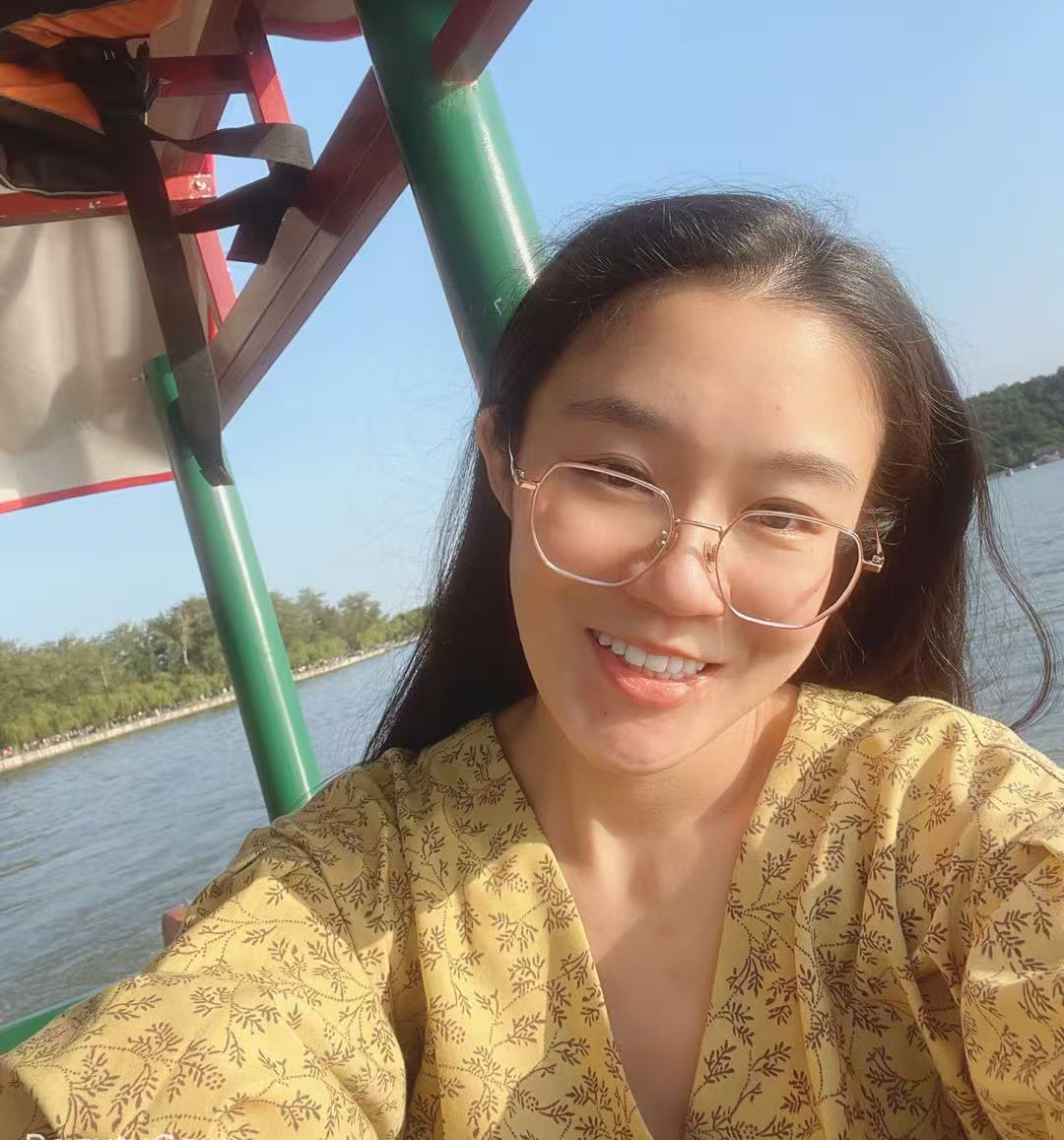 Meng Li
Dear Valued IIOA Member,
We are pleased to welcome you to the upcoming 19th IIOA Webinar scheduled on Wednesday, 14th Jan 2026, at 1pm-2pm CET. We would like to extend our gratitude to Dr Meng Li for joining this webinar entitled “– Measuring Global Value Chains: Different Indices and Methods.
Dr Meng Li was awarded the Leontief Memorial Prize in 2025. Meng Li is an Associate Professor at the School of Environmental Science and Engineering, Shanghai Jiao Tong University. Her research mainly focuses on input-output modeling, global supply/value chains, and their socio-economic, environmental, and climate impacts. Meng Li has led two projects funded by the National Natural Science Foundation of China. She has published research articles in journals such as Nature Communications, One Earth, and the Journal of Human Resources.
TOPIC
Title: Measuring Global Value Chains: Different Indices and Methods.
Abstract:
Understanding Global Value Chains (GVCs) is essential for analyzing the complex structure of modern international trade and production. This webinair will focus on providing a comprehensive overview of the various indices used to measure and characterize GVCs, including upstreamness, downstreamness, average propagation length, value-added decomposition, as well as integrating these indices within a probability framework. This webinair will discuss the decomposition techniques based on input-output analysis, which allow for the detailed tracing of value creation and transfer across countries and sectors. In addition, it will introduce Markov chain and probability-based methods for modeling the evolution and dynamics of global value chains, providing new insights into the stochastic nature of production network transformations. Special attention is devoted to the propagation of risks and shocks through global value chains and global production networks, highlighting how disturbances in one part of the system can have far-reaching impacts. This webinair aims to provide a methodological toolkit for researchers and policymakers seeking to analyze and manage the resilience and sustainability of global production systems.
|
The recorded webinar can be watched here:
External content blocked. Watch on YouTube
Inferring input-output linkages with firm-level trade data
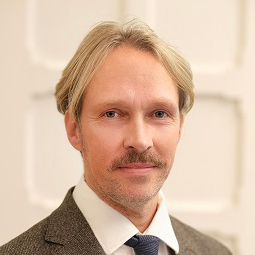 Karsten Mau
Dear Valued IIOA Member,
We are pleased to welcome you to the upcoming 18th IIOA Webinar scheduled for Monday, September 29th, 2025, from 1:00 PM to 2:00 PM CET. We would like to extend our gratitude to Dr. Karsten Mau for hosting this webinar entitled “Inferring input-output linkages with firm-level trade data”.
SHORT BIOGRAPHY & RESEARCH BACKGROUND
Karsten Mau is an Associate Professor of Economics at Maastricht University, School of Business and Economics (SBE), where he teaches and researches on topics in international trade and economic development. Karsten is also director of the Emerging Markets specialization track of SBE’s Economic and International Business BSc program. His research has focuses broadly on three areas, including China’s exports and their role in the global economy, place based policies and regional economic development, as well as trade in cross-border supply chains. Karsten’s work has been published in peer-reviewed scholarly journals, including the Review of Economic Studies, the Journal of Development Economics, the European Economic Review, Labour Economics, or the Review of World Economics.
TOPIC
Title: Inferring input-output linkages with firm-level trade data
Abstract:
We develop an analytical approach to infer product-level input-output relationships from firm-level trade data. By adapting an Association Rule Mining (ARM) algorithm, we identify systematic co-occurrences between the products that firms typically import and export, which we interpret as potential input-output linkages. We demonstrate that our inferred linkages broadly resemble the relationships reported in conventional input-output tables and that they perform well in several external validation exercises. Subsequently, we apply the product-level input-output information obtained from Chinese data to study how trade policy shocks propagate along the supply-chain. Doing so, we find that China's WTO entry in 2001 entailed a significant increase of imported inputs to produce its exports. The second application shows that the US-China trade war in 2018-19 entailed a significant reduction in Chinese imports of goods with high downstream US tariff exposure. Our findings suggest that relatively simple pattern-recognition methods can be applied to infer input-output linkages that enable more granular measurement and evaluations of trade shocks and their propagation along the supply-chain.
|
The recorded webinar can be watched here:
External content blocked. Watch on YouTube
IMF Carbon Price App: Revealing Price and Revenue Dynamics in Global Supply Chains
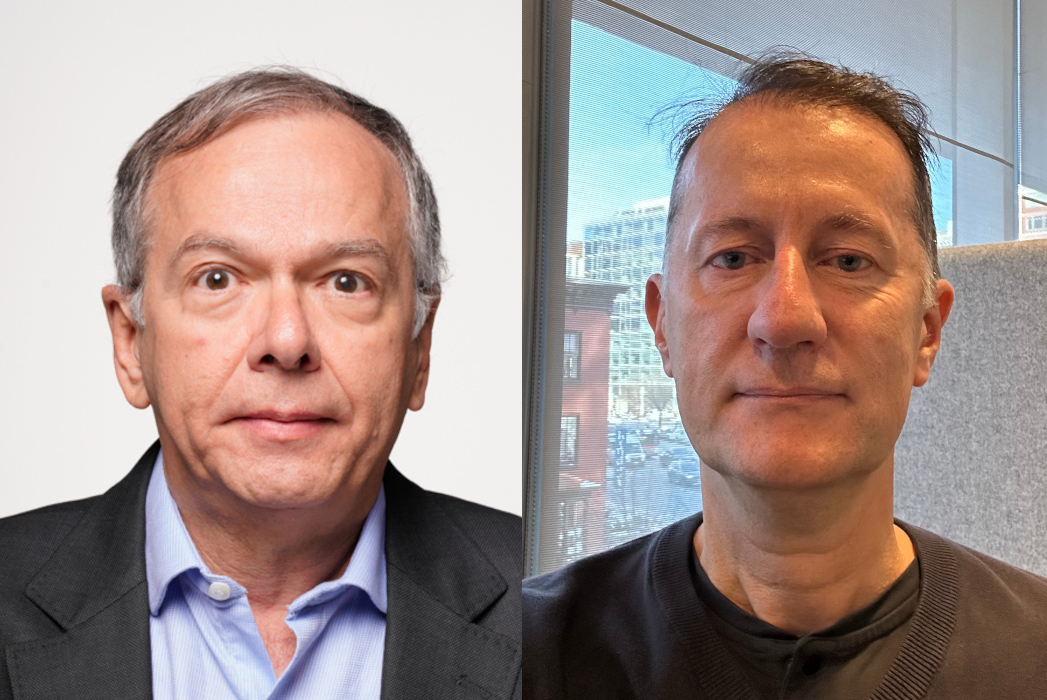 Joaquim J.M. Guilhoto and Greg Legoff
Dear Valued IIOA Member,
Happy New Year! We are thrilled to announce the 17th IIOA Webinar, scheduled for Tuesday, January 14th, 2025, from 3:00 PM to 4:00 PM CET. We extend our heartfelt thanks to Joaquim Guilhoto and Gregory Legoff for hosting this insightful session titled “IMF Carbon Price App: Revealing Price and Revenue Dynamics in Global Supply Chains.”
SHORT BIOGRAPHY & RESEARCH BACKGROUND
Joaquim J.M. Guilhoto is a Senior Economist at the IMF. He previously worked at the OECD and served as a Professor at the University of São Paulo (USP) in Brazil, where he also held positions as Head of the Department of Economics and Associate Dean of the School of Economics, Management, and Accounting. He has held visiting professorships at MIT, the University of Illinois, University Paris-Dauphine, and the University of Lisbon. Joaquim specializes in applying input-output analysis to environmental issues and sustainable development. He has published over 300 papers and supervised more than 35 Ph.D. and master's students. He holds both an M.Sc. and a Ph.D. in economics from the University of Illinois.
Gregory Legoff is a Senior Economist in the Real Sector Division at the IMF’s Statistics Department. He was previously the IMF’s the Real Sector Statistics Advisor in Southern Africa for three years after three years in a similar position in the Pacific. Previously Gregory had worked for more than five years at the Australian Bureau of Statistics on national accounts statistics and more specifically on supply and use and input-output tables. Prior to this Gregory worked at the Organization for Economic Co-operation and Development in Paris on business and international trade statistics.
TOPIC
Abstract: Carbon pricing is a pivotal strategy in combating climate change, serving as a cost-effective and flexible tool to reduce greenhouse gas (GHG) emissions. By assigning a monetary value to carbon emissions, it internalizes the external costs associated with climate change—such as extreme weather, health risks, and biodiversity loss—making polluters responsible for the environmental damage they cause. This approach incentivizes businesses and individuals to reduce their carbon footprint, steering economic activities towards more sustainable practices. However, charging polluters raises the cost of producing goods and services that rely on fossil fuels, directly affecting industries such as manufacturing, transportation, and energy and indirectly affecting all economic activities. Effects on producers’ prices, inflation, or competitiveness are crucial for policy makers. As companies face higher production costs, they may pass these increased expenses onto consumers in the form of higher prices. Through the global value chain, the ripple effect of these cost increases can propagate. As raw materials and intermediate goods become more expensive, the cumulative effect magnifies, leading to a general rise in prices across different activities and countries. The Carbon Price App (CPA) facilitates the detailed analysis of price changes attributable to carbon pricing, targeting producers and consumers. This model integrates both the direct and indirect impacts on prices through the established methodology of input-output price modeling, while also considering the effect introduced by international trade through the global supply chain.
|
The recorded webinar can be watched here:
External content blocked. Watch on YouTube
Input-Output Analysis meets Python: a MARIO crash course
 Nicolò Golinucci
We are pleased to welcome you to the upcoming 16th IIOA Webinar scheduled for Friday, September 27th, 2024, from 3:00 PM to 4:00 PM CET. We would like to extend our gratitude to Dr. Nicolò Golinucci for hosting this webinar entitled “Input-Output Analysis meets Python: a MARIO crash course”.
SHORT BIOGRAPHY & RESEARCH BACKGROUND
Dr. Nicolò Golinucci is a researcher and entrepreneur in the field of sustainability and industrial ecology. He holds a PhD in Energy and Nuclear Science and Technology from Politecnico di Milano, where his thesis focused on the role of industrial ecology in evaluating strategies to reduce greenhouse gas emissions. During his doctoral studies with the SESAM group in the Department of Energy at Politecnico di Milano, Nicolò, along with colleagues Mohammad Amin Tahavori and Lorenzo Rinaldi, developed MARIO (Multifunction Analysis of Regions through Input-Output). MARIO is an open-source Python package designed to facilitate the use of input-output and supply-and-use tables in research. Currently, Nicolò is the administrator and senior researcher at eNextGen, a startup and spin-off from Politecnico di Milano. eNextGen provides sustainability services, with a particular focus on carbon footprinting, for companies looking to implement sustainable practices.
Abstract: The webinar aims to provide input-output researchers with the foundational knowledge to incorporate MARIO, an open-source Python software for input-output analysis, into their analytical framework, potentially enhancing research efficiency and expanding methodological options. The structure of the webinar includes:
Introduction (15 minutes): Overview of Python and existing packages for input-output analysis. Presentation of MARIO: origins, development, and key functionalities in the context of input-output analysis. Discussion on the advantages of open-source tools in academic research
Practical Demonstration (30 minutes): Step-by-step guide on MARIO usage, from basic Python setup to conducting an input-output analysis. Topics include software installation, data importation, analysis execution, and result interpretation.
Webinar files and links:
|
The recorded webinar can be watched here:
External content blocked. Watch on YouTube
Towards an IO (Historical) Archive
|
Josef Richter, Bert Steenge and Rossella Bardazzi
We are excited to welcome you to the upcoming 15th IIOA Webinar scheduled
for Tuesday, June 4th, 2024, from 3:00 PM to 4:00 PM CET. We would like to
extend our gratitude to Dr. Josef Richter, Dr. Bert Steenge, and Dr.
Rossella Bardazzi for hosting this webinar entitled “Towards an IO
(Historical) Archive”.
SHORT BIOGRAPHY & RESEARCH BACKGROUND
Dr. Josef Richter, now retired, spent most of his professional life in IO -
statistics and empirical IO - analysis. Thanks to the help of Clopper Almon
and a stay at the University of Maryland, the first IO model of the INFORUM
type for Austria has already been created 1972. Josef had teaching
obligations at the Universities of Innsbruck and Linz from 1983 onwards.
His work has focused mainly on the empirical foundation of IO - analysis
and on the problematic relationship between the producers of data and
empirical economists. He has contributed to many IIOA conferences; his
publications cover very different applications of input-output techniques.
Josef was a founding member of the International Input-Output Association
and was its first treasurer, serving from 1988 to 2006.
Dr. Bert Steenge studied at the University of Groningen, Faculty of
Economics, specializing in Economics/Econometrics. He defended his PhD
thesis in 1980. In 1986 he became Full Professor of Economics at the
University of Twente, Faculty of Public Administration and Public Policy.
In 2007 he returned to his ‘Alma Mater’, the University of Groningen, as
emeritus. Bert has had a life-long interest in I-O modelling because of its
versatility and deep roots, which originated in pre-revolutionary France
and now cover a wide range of topics. His work has focused mainly on the
theoretical side of topics in I-O, and he has contributed to many IIOA
conferences, as well as being involved in related activities. His
publications cover several fields and subfields of present-day I-O
modelling. Bert served as a Council member from 2007 to 2015.
Dr. Rossella Bardazzi is associate professor of economics at the University
of Florence, Italy. She has devoted her research activity to the
theoretical and empirical analysis of macroeconometric and microsimulation
models. She belongs to the international research network of
macroeconometric models INFORUM (Interindustry Forecasting at the
University of Maryland) and has contributed to the development of the
Italian Multisectoral model (INTIMO). Her research interests include the
development of multisectoral and microsimulation models, bilateral trade
models, demand systems for household consumption, energy demand of
enterprises and households. Rossella has served as a council member of the
International Input-output Association (IIOA) from 2018 to 2023.
Abstract: The project to create an IO (historical) Archive was initiated to
preserve relevant material on the early stages of IO analysis that would
otherwise be lost forever, and to make these documents easily accessible to
the IIOA membership. In this context, IO should be seen in a wider sense to
include related areas such as regional economics, environmental economics,
mathematical economics, and history of economic thought, as well as various
satellite accounts extending the IO framework.
The aim of this webinar is to present the guiding principles and features
of the project, and to report what has been achieved. The main milestones
so far have been the creation of an efficient infrastructure (a web
database) to make the material available to IIOA members, and the
integration of more than 600 documents into this system. At the moment,
many of the contributions to the IO conferences of 1971 to 1995 are already
accessible. The focus of the webinar will be on the presentation of how the
information already available in the Archive can be utilised. Various
search options will be shown, and we will show how these documents can be
accessed. The final part of the webinar will be devoted to outline possible
next steps.
|
The recorded webinar can be watched here:
External content blocked. Watch on YouTube
Bridging the gap between research and policy: lessons learned and future recommendations
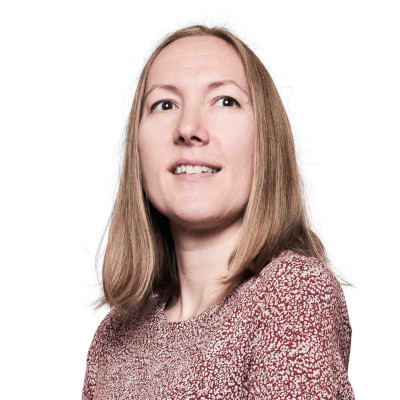 Anne Owen, Associate Professor at the Sustainability Research Institute, University of Leeds, UK
Dr Anne Owen is an Associate Professor at the Sustainability Research Institute, University of Leeds, UK. Anne’s research focusses on the environmental impacts associated with household consumption, how different types of households contribute to climate change and what actions households can take to reduce their impact. For the past twelve years Anne has calculated the UK’s consumption-based emissions account for UK Government and this is now an Official Statistic reported annually. Anne’s work has been published widely with recent highlights including assessing carbon footprints from large scale financial transaction data and being quoted widely in a Guardian article on high impact lifestyles.
Dr Anne Owen reflects on a decade providing outputs from consumption-based accounting to National and Local Government, businesses and the third sector. She identifies the mismatch between what MRIO databases can calculate and what is required by policymakers as evidence for Net Zero targets and shares experiences of recent work advising how MRIO carbon multipliers can be (mis)used in calculating Scope 1, 2 and 3 emissions for businesses.
|
The recorded webinar can be watched here:
External content blocked. Watch on YouTube
Global Value Chain Disruptions: The Role of Firm Heterogeneity
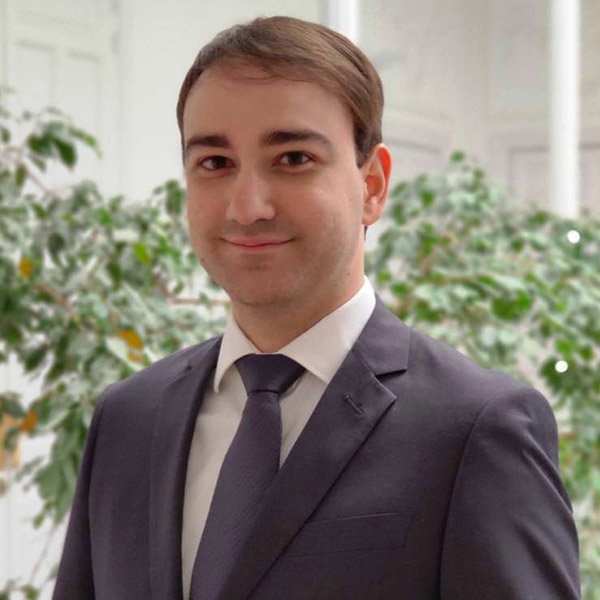 Juan Carlos Ruiz-García
Dr. Juan Carlos Ruiz-García is a Macroeconomist with both theoretical and
empirical interests. He received my Ph.D. in Economics and Government from
Center for Monetary and Financial Studies (CEMFI). He is currently an
Economic Analyst of the Input–Output Global Value Chain and Productivity
Team (IOGVCPROD) of the Knowledge for Finance, Innovation, and Growth Unit
(B7) of the Joint Research Centre in Sevilla (JRC-Sevilla) of the European
Commission. His main research focuses on Firm Dynamics with a special
interest in understanding how economic frictions, e.g., financial
frictions, adjustment costs, affect firms in the economy, and as a result,
aggregate productivity and output. He also works in Development Economics,
particularly understanding the determinants of Poverty and Inequality both
across and within countries.
|
The recorded webinar can be watched here:
External content blocked. Watch on YouTube
Identify the host country of processing export
 Cuihong Yang, Professor at Academy of Mathematics and Systems Science of Chinese Academy of Sciences (CAS) and the University of CAS
We are delighted to welcome Dr. Cuihong Yang, a professor at Academy of
Mathematics and Systems Science of Chinese Academy of Sciences (CAS) and
the University of CAS. Cuihong will be sharing her insights in a talk
titled: "Identify the host country of processing export". The international
relocation of processing export is regarded as a bellwether of the global
production reconfiguration. However, directly identifying the host
economies of processing export is challenging because of the lack of data.
In her talk, Cuihong will discuss how to capture the industrial relocation
of processing activities by combining the input-output model and
optimization method.
|
The recorded webinar can be watched here:
External content blocked. Watch on YouTube
Combining Input-Output Analysis with Network Analysis to Assess Sustainability
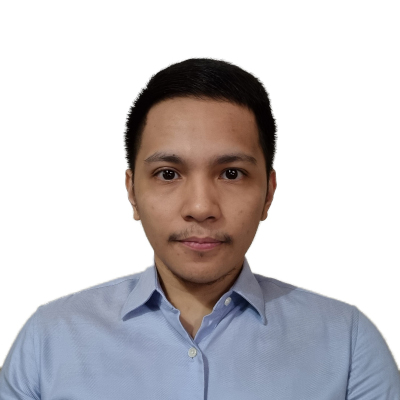 Angelo Jose B. Lumba, Senior Researcher, Asian Development Bank
Angelo Jose B. Lumba is a senior researcher for the Asian
Development Bank specialising on input-output analysis and global value
chains. Angelo is also a data scientist for the Pulse Lab of the UNDP
Philippine Country Office, where Angelo covers projects on climate finance,
circular economy, and use of non-traditional data for
development. Angelo is a doctoral candidate of Economics at the University of
the Philippines - Diliman, where Angelo also obtained his Master of Arts in
the same discipline.
This presentation looks into use cases of
combining input-output analysis with network theory from the lens of
sustainability. In particular, the concept of centrality is complemented
with information on back-and-forth transactions among sectors present in
input-output tables to identify critical sectors for prioritisation.
|
The recorded webinar can be watched here:
External content blocked. Watch on YouTube
Using the hypothetical extraction method to understand the role of materials and manufacturing
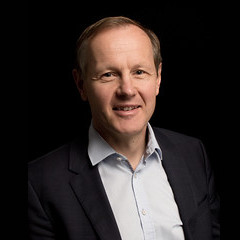 Edgar Hertwich, International Chair in Industrial Ecology at the
Norwegian University of Science and Technology, member
of the International Resource Panel and the European Scientific Advisory
Board on Climate Change
Edgar Hertwich is International Chair in Industrial Ecology at the
Norwegian University of Science and Technology. He also serves as a member
of the International Resource Panel and the European Scientific Advisory
Board on Climate Change. His work addresses footprint analysis, factor
trade, technology assessment, and sustainable development. The talk seeks
to clarify the relationship of the hypothetical extraction method, linkage
analysis as developed by Cella and Duarte, and the supply chain impact
approach by Cabernard. Hypothetical extraction offers a clear
interpretation of linkages as a contribution to value added or other
factors added. Recent applications on the carbon footprint of materials and
machinery and equipment will be used to illustrate the role of the methods.
|
The recorded webinar can be watched here:
External content blocked. Watch on YouTube
Using IO to inform climate policy in Latin America and the Caribbean
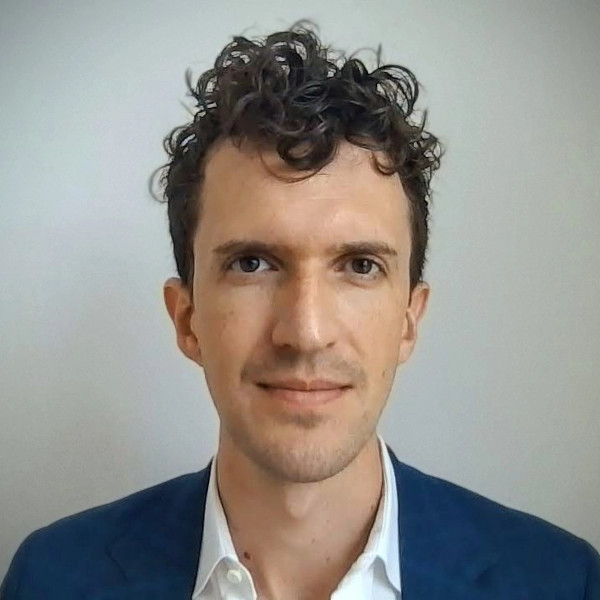 Adrien Vogt-Schilb, Senior climate change economist at the Inter-American Development Bank, in the Chile office
Adrien Vogt-Schilb is a senior climate change economist at the
Inter-American Development Bank, in the Chile office. Adrien's work focuses
on the design of effective and politically acceptable climate strategies.
He develops tools to align decarbonization policies with development goals
in all sectors and to manage political economy issues in the transition to
net-zero – including labor, social and fiscal impacts. Adrien also works on
methods to build socio-economic resilience to uncertain climate change
impacts, and to facilitate the co-construction of public policies involving
a variety of stakeholders with different objectives. Adrien is a trained
engineer, holds a PhD in economics and is the author of 7 books or
monographs, and more than 30 academic papers on climate change and
development.
|
The recorded webinar can be watched here:
External content blocked. Watch on YouTube
Development and applications of Full-scale, near real-time multi-regional input–output table for the global emerging economies (EMERGING)
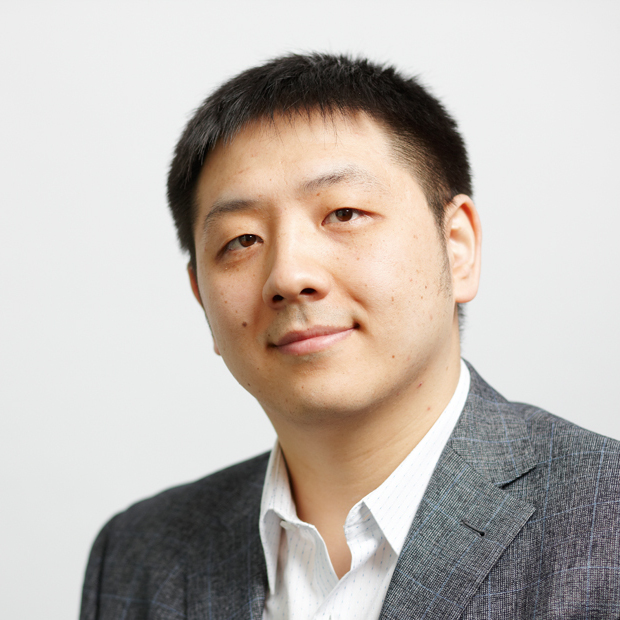 Dabo Guan, Distinguished Professor at Tsinghua University, China, and Chair of Climate Change Economics at the University College London, UK
Professor Dabo Guan is a Distinguished Professor at Tsinghua University, China, and Chair of Climate Change Economics at the University College London, UK. He is the Fellow of Academy of Social Sciences, UK. He specialises in environmental economics for international climate change mitigation, climate change adaptation, scenario analysis on environmental impacts, water resources accounting and management, input-output modelling and their applications in both developed and developing countries. He is the chief expert in coordinating China-EU Flagship Cooperation Programme on Climate Change and Biodiversity. He was a Lead Author for the IPCC AR5. He was the Highly Cited Researcher for 2018-2021, top thousand climate academics (rank 389 in 2020). He has authored over 260+ publications, including 60+ articles published Nature, Nature Research Journals, and PNAS. He received the PNAS Cozzarelli Prize 2014, the Leontief Prize 3 times and the Philip Leverhulme Prize. His paper about climate change impact on beer consumption received the 2018 Altimetric Top 100 award.
|
The recorded webinar can be watched here:
External content blocked. Watch on YouTube
Affluence, equity and degrowth in the context of climate change
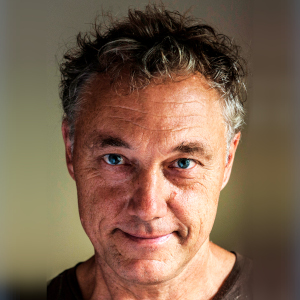 Manfred Lenzen, Professor of Sustainability Research with the ISA team in the School of Physics at the University of Sydney
Manfred Lenzen is Professor of Sustainability Research with the ISA team in the School of Physics at the University of Sydney. He has a PhD in Physics and experience in renewable energy technologies, life-cycle assessment, and carbon footprinting. His current research interests focus on the link between environmental/resource impacts and international trade. He currently leads the development of cloud-based collaborative-research platforms for building large-scale global economic-environmental models that enable environmental impact analysis across global supply-chain networks.
|
The recorded webinar can be watched here:
External content blocked. Watch on YouTube
Extending the Scope of Input-Output Models to Address 21st Century Challenges
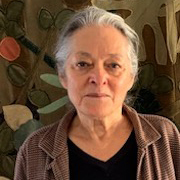 Faye Duchin, Professor Emeritus of Economics at Rensselaer Polytechnic Institute
It is with great pleasure to have Professor Faye Duchin (Professor Emeritus of Economics at Rensselaer Polytechnic Institute and a previous IIOA President) as our speaker. Faye's talk is titled, "Extending the Scope of Input-Output Models to Address 21st Century Challenges".
|
The recorded webinar can be watched here:
External content blocked. Watch on YouTube
Estimating disguised unemployment by means of non-linear input-output analysis
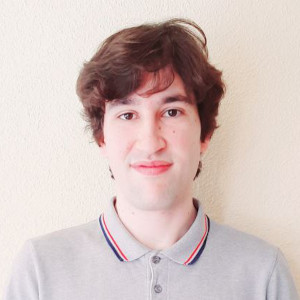 Pablo R. Liboreiro, Technical University of Madrid
In this Webinar, Pablo will present his Leontief Prize winning research on the application of non-linear input-output analysis to estimate disguised unemployment in less-developed countries. The presentation will reflect the basic ingredients of the model as well as the main estimation results. Likewise, the typical problems that arise in non-linear input-output analysis will be covered and some of the possible future developments.
|
The recorded webinar can be watched here:
External content blocked. Watch on YouTube
BEA’s Supply-Use Framework: Current Research and New Extensions
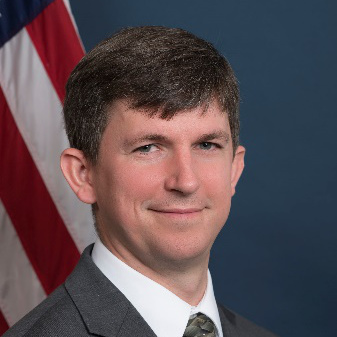 Thomas Howells, U.S. Bureau of Economic Analysis
In this webinar Tom will provide an overview of BEA’s structure, the role of the supply-use framework as the foundation for many of BEA’s products, and ongoing research building on BEA’s SUTs/IOTs—including work on TiVA statistics, supply chain analysis, and satellite accounts covering the digital economy, marine economy, and commercial space economy.
|
The recorded webinar can be watched here:
External content blocked. Watch on YouTube
Models for Impact Analysis of Disasters: Recent Advances and Future Opportunities
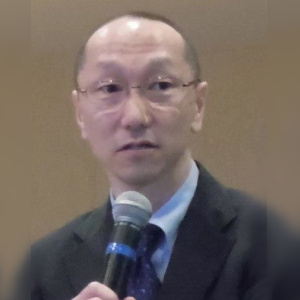 Yasuhide Okuyama, University of Kitakyushu
We are happy to have Yasuhide Okuyama (University of Kitakyushu) as our speaker. His talk will be titled "Models for Impact Analysis of Disasters: Recent Advances and Future Opportunities".
|
The recorded webinar can be watched here:
External content blocked. Watch on YouTube
Modelling 'Sustainable Consumption' Using Global Multi-Regional Input-Output Analysis
 Richard Wood, Industrial Ecology Programme, NTNU Trondheim
We are happy to have Richard Wood (Industrial Ecology Programme, NTNU Trondheim) as our speaker. His talk is titled "Modelling 'Sustainable Consumption' Using Global Multi-Regional Input-Output Analysis".
|
The recorded webinar can be watched here:
External content blocked. Watch on YouTube
Historical Simulations: A CGE Technique for Updating Input-Output Tables and Estimating Technology and Preference Trends
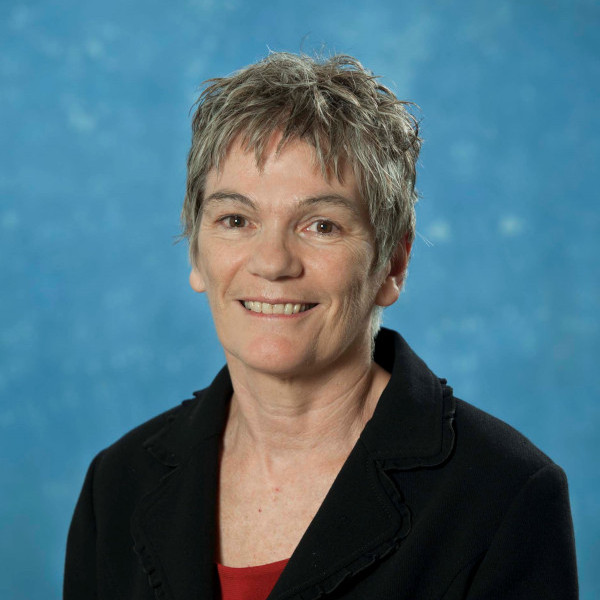 Maureen Rimmer, Victoria University in Melbourne
On February 17, the IIOA organized its first online activity to make up for the fact that the International Input-Output Conference in Malaysia had to be canceled again, due to the Covid19-pandemic. Maureen Rimmer, professor at the Centre of Policy Studies at Victoria University in Melbourne, gave the first webinar. It was titled "Historical Simulations: A CGE Technique for Updating Input-Output Tables and Estimating Technology and Preference Trends".
|
The recorded webinar can be watched here:
External content blocked. Watch on YouTube
|






























